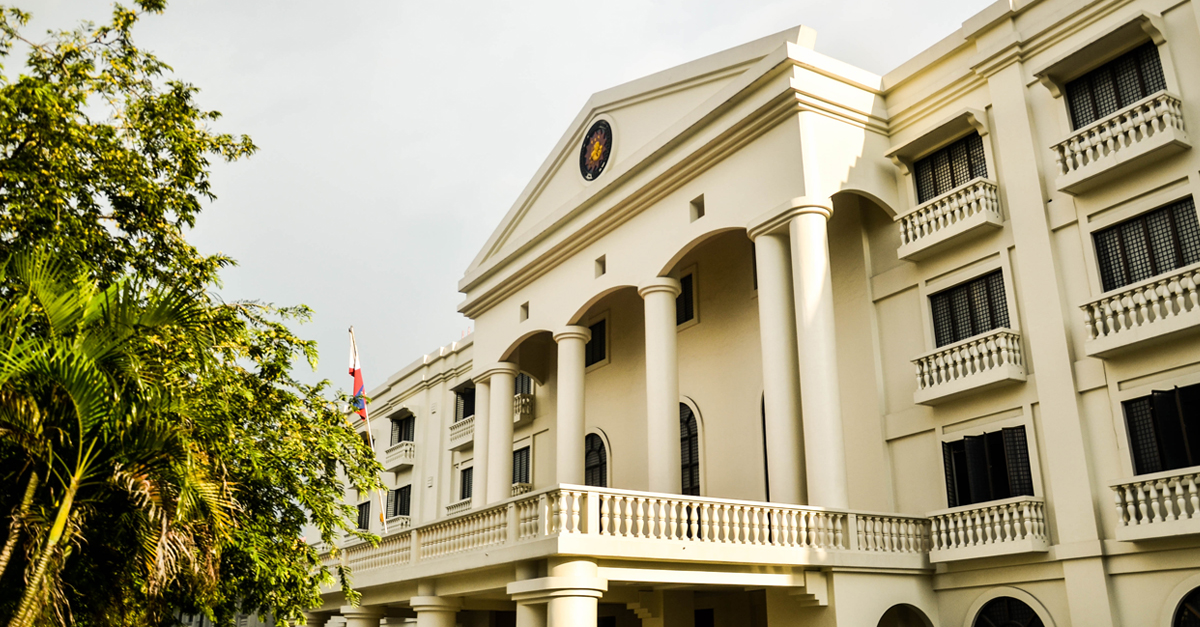DBM to agencies: Don’t duplicate devolved LGU functions in 2023 budget pitch
MANILA, Philippines—The Department of Budget and Management (DBM) has ordered national government agencies to avoid duplicating in 2023 the programs and projects which local government units are taking bigger roles in this year.
Acting Budget Secretary Tina Rose Marie Canda on Jan. 12 issued National Budget Memorandum No. 142—or the annual budget call to jumpstart preparation for the record-high P5.24-trillion appropriations to be pitched to Congress for 2023, the next administration’s first full-year budget.
The DBM set a cap of P2.79 trillion for departments and agencies’ ongoing priority programs, projects and activities included in the so-called tier one in 2023.
The rest of the budget proposal for 2023 will be part of the tier two for new and expanded public expenditures.
With the implementation of the Supreme Court’s Mandanas-Garcia ruling in full swing, Canda reminded national government agencies to “focus on policy and standards development for service delivery, provision of technical assistance, monitoring, and performance assessment of the LGUs.”
“National government agencies shall also treat the LGUs as partners in development and consider cost-sharing arrangements in the implementation of devolved projects,” Canda said.
Under Executive Order (EO) No. 138 issued by President Rodrigo Duterte last year, devolution of some national government functions to LGUs will be done in stages starting in 2022. By 2024, responsibility over local infrastructure, agriculture, social welfare, health care, and livelihood, among other sectors included in the Local Government Code, will be fully turned over to LGUs.
LGUs’ additional responsibilities came on the back of their larger budget share from all national tax-collection under the Mandanas-Garcia ruling.
This year’s P5.02-trillion budget had set aside a national tax allotment (NTA) for LGUs amounting to P959.04 billion, a jump from their share, formerly called internal revenue allotment (IRA), worth P695.49 billion last year.
However, next year’s NTA is expected to be smaller than the 2022 share due to the decline in tax revenues in 2020 — the year when the Philippine economy fell to its worst post-war recession, which will be the basis of LGU shares.
Tax and non-tax revenues in 2020 dropped to P2.86 trillion from the record-high P3.14-trillion collections in 2019. The DBM and the Department of Finance (DOF) will compute LGUs’ NTA for 2023 based on the parameters of the Mandanas-Garcia ruling.
Canda said that in line with the ongoing devolution, the 2023 budget will “include the funding requirement for capacity building programs for LGUs to enable them to assume the devolved functions and services.”
It will also “prioritize subsidies for local projects of LGUs belonging to the fifth and sixth income classes, the geographically isolated and depressed areas, as well as those with the highest poverty incidences, ranked in top third highest.”
To recall, the Development Budget Coordinating Committee (DBCC) grouping the Cabinet-level economic team last year proposed a P10-billion growth equity fund in the 2022 budget to help poorer LGUs assume devolved functions, but the President approved only P1.25 billion.
“The GEF is a top-up to the NTA that the LGUs will be receiving, and it will be made available to LGUs that are financially incapable of allocating funds and are technically weak in the implementation of devolved services,” Budget Undersecretary Rolando Toledo told the Inquirer last week.
“The DBCC is still drafting and reviewing the guidelines for the GEF and, so far, we don’t have a target release date yet. Once the guidelines are released, the DBM shall facilitate the release of the funds, based on the aforementioned guidelines,” Toledo said.
On top of budget focus on the implementation of the High Court’s Mandanas-Garcia ruling, Canda said the 2023 budget proposal needed to address the “new normal” brought by the prolonged COVID-19 pandemic.
“The fiscal year 2023 budget will ensure that only implementation-ready agency proposals are included,” Canda said.
“Thus, the agencies’ budget proposals are expected to be anchored on more concrete program plans and designs that outline key procurement and implementation milestones, including specific project locations and beneficiaries,” Canda said.
Other priorities included programs and projects conducive to economic growth and poverty-reduction under the Philippine Development Plan (PDP), as well as sustained infrastructure development under the medium-term public investment program (PIP) and the approved 2023-2025 three-year rolling infrastructure program (TRIP).
But Canda said “increased infrastructure spending will not, in any way, detract from the full support provided to the poorest, climate change and disaster risk-vulnerable areas nor the social sector, and basic public services.”
